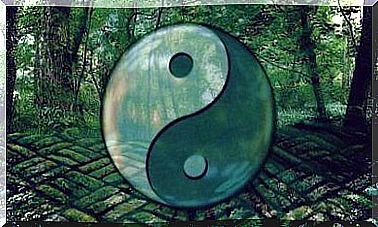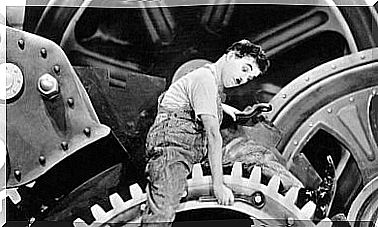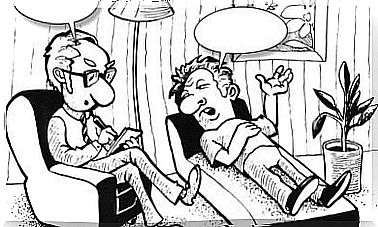Mercedes Sosa, Biography Of A Prodigious Voice
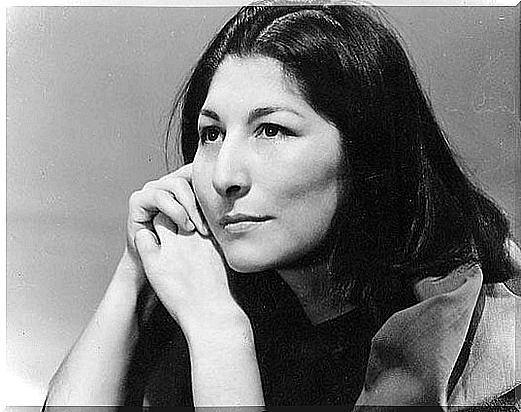
Mercedes Sosa faced two concerts in which she could barely deal with her own emotions. The first took place in Barcelona, in 1973, during its first presentation in Spain. The country was governed by the dictatorship of Francisco Franco and advertising his presentation was prohibited. However, people came en masse to chant his songs and “La Negra” ended up crying with emotion.
The second of those unforgettable concerts happened in February, ten years later. She was returning to her country after a bitter exile. The Argentines chanted their songs and Mercedes confessed that she was forced not to look at the public because, if she did, she would have burst into tears.
It is said that after that concert, Admiral Carlos Alberto Lacoste asked: “Who gave Mercedes Sosa permission to be in my country?”
That was Mercedes Sosa, “the Voice of America”, a woman of humble origins who never compromised with abusive powers and who had to pay her own principle of coherence. Also, and above all, he was a prodigious voice that made singing a way of narrating the Latin American reality for the whole world.
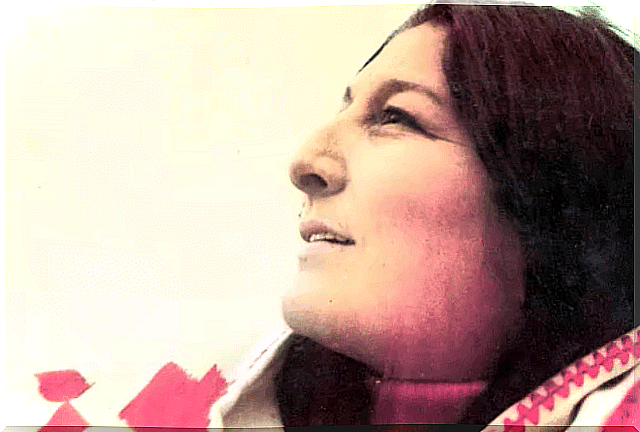
Mercedes Sosa, a humble girl
Her first name was Haydée Mercedes Sosa, although her parents had agreed that she would be called Marta Mercedes. The father was the one who registered her and decided to change plans at the last minute. Even so, throughout her life her family called her “la Marta”. He came to the world on July 9, 1935 in San Miguel de Tucumán, Argentina.
There is a curious fact regarding the date of his birth and the date of his death. Mercedes was born on the same day that the Independence of Argentina is celebrated, which was signed precisely in her hometown, Tucumán. Some 74 years later, La Negra died on October 4, a date that coincided with the birth of Violeta Parra, a woman to whom Mercedes made world famous.
Sosa was the daughter of a humble worker in a sugar mill and of a woman who earned her living washing clothes for wealthy families. His parents were convinced Peronists and on October 17, 1950, they traveled to Buenos Aires to celebrate the Day of Peronist loyalty. On that same date, the singing teacher missed her school and she was commissioned to sing the National Anthem of Argentina. This became his first public appearance.
The beginning of a successful career
Some classmates from school convinced her to go to a local station that, at the time, was conducting a singing contest. Mercedes made up her mind and, at the end of her presentation to be admitted, the owner of the station announced that the contest was over, because there was the winner.
Since then, Mercedes began to sing regularly on the radio. In 1957, she married Óscar Matus, a folk musician, and they both moved to Mendoza, an Argentine province that she loved dearly.
Later, his son, Fabián Matus, was born. Together with her husband and the poet Armando Tejada Gómez, they created the New Latin American Songbook movement.
The marriage lasted only eight years and her husband left her to go with another woman. Mercedes moved to Buenos Aires and in that same year an almost magical event occurred. During the Cosquín Folk Festival, the most important of that genre in Argentina, the musician Jorge Cafrune invited her to sing on stage, although she was not invited, but it immediately fascinated the public.
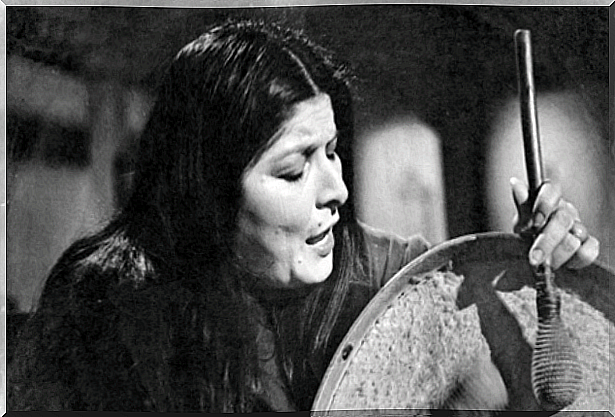
The Voice of America
From that moment on, the success of Mercedes Sosa never stopped. At first he conquered his country, then all of Latin America and then the whole world.
She found a new partner, “Pocho” Mazzitelli, a representative of musicians who never left her. They were happy times for her and she did not hesitate to classify her second husband as “the great love” of her life.
After the military coup in Argentina, difficult times came for her. At first, her records were banned and she was included on the black list of the dictatorship.
In 1978, during a recital in La Plata, one of her performances was interrupted by the military, who slapped her in public and detained her and the rest of the audience. This event led her to go into exile, first in Paris and, later, in Madrid.
The exile was a bitter experience, especially since it coincided with the death of his partner. He said it took him nine years to come to terms with that loss. In spite of everything, the love, and even the veneration of the public and the singing, restored the pleasure to be alive.
New concerts came, new musical experiments with rock included. And then death, on October 4, 2009 in a hospital in Buenos Aires at the age of 74 with a career more than consecrated and an absolutely immortal voice.
